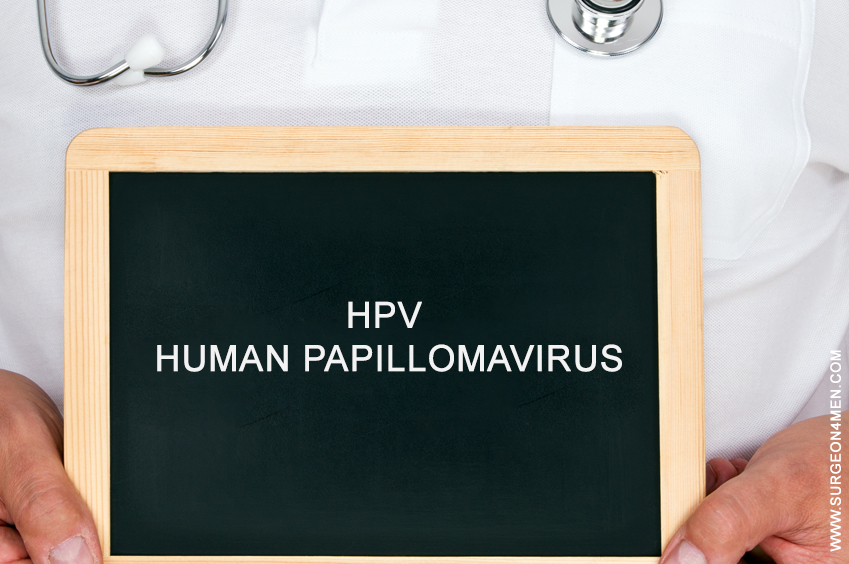HPV – Human Papillomavirus
A common type of sexually transmitted infection, Human Papillomavirus (HPV) affects most sexually active men and women in some point in their lives. The infection may be caused by any of the 150 HPV viruses. A person may get infected through oral, anal, or vaginal sex. The infection may cause warts on the body, while some strains of the virus may affect the genital area, hands, and feet. However, in most cases, there are no signs of infection initially, and the infection goes unnoticed. A person may have HPV infection for years, and in the process, they may affect their sexual partners unknowingly.
You face a greater risk of HPV if you have:
- Sex with multiple partners
- Sex at an early age
- Sex partner, who has had multiple partners
- Damaged skin
The virus is commonly spread through skin-to-skin contact of genitals with an infected person. Some kinds of HPV can cause vulva, cervix, or anus cancer. The infection goes away on its own, but in some cases, it does not and causes genital warts and even cancer in the back of throat or tongue.
Symptoms of HPV
Genital warts may appear as a cluster of bumps or even as a small bump or protrusions, which may be small or large in size and may appear in different shapes.
In women, HPV primarily affects the vulva. However, warts may appear near cervix, anus, or within vagina. In men, warts may appear on the anus, scrotum, or penis. Genital warts may also appear in and around the groin in both men a nd women.
nd women.
After a person gets infected with HPV, the condition does not quickly progress to cancer, which often takes years or may even take decades to develop person gets HPV.
A person may get common, plantar, or flat warts. While common warts are in the form of rough, raised bumps affecting fingers, hands, and elbows, plantar warts appear as hard, grainy growths, primarily on the heels of feet.
Flat warts occur in the form of dark-colored, flat-topped slightly raised lesions affecting the neck and face.
HPV Prevention & Treatment
There is no test that can find HPV status of a person; however, some HPV tests can be used to screen cervical cancer. Women should go for Pap tests to detect cervical cancer and prevent it from progressing.
There are a few safe and effective FDA-approved vaccines for human papillomavirus. It is important to get all doses of the vaccine.
Everyone above 11 years of age should get vaccinated for HPV. Catch-up vaccines are also available for people that did not get vaccinated in their early age.
It is important for women to get screened for cervical cancer. Routine screening will help prevent cancer. Sexually active persons must use protection, such as latex condoms, to reduce your risk of getting HPV. However, the infection can affect areas not covered by a condom.
It is better to be safe against sexually transmitted infections as a preventative measure against such diseases.
References:
1. www.medicalnewstoday.com/articles/246670.php
2. www.fda.gov/ForConsumers/ByAudience/ForWomen/ucm118530.htm

